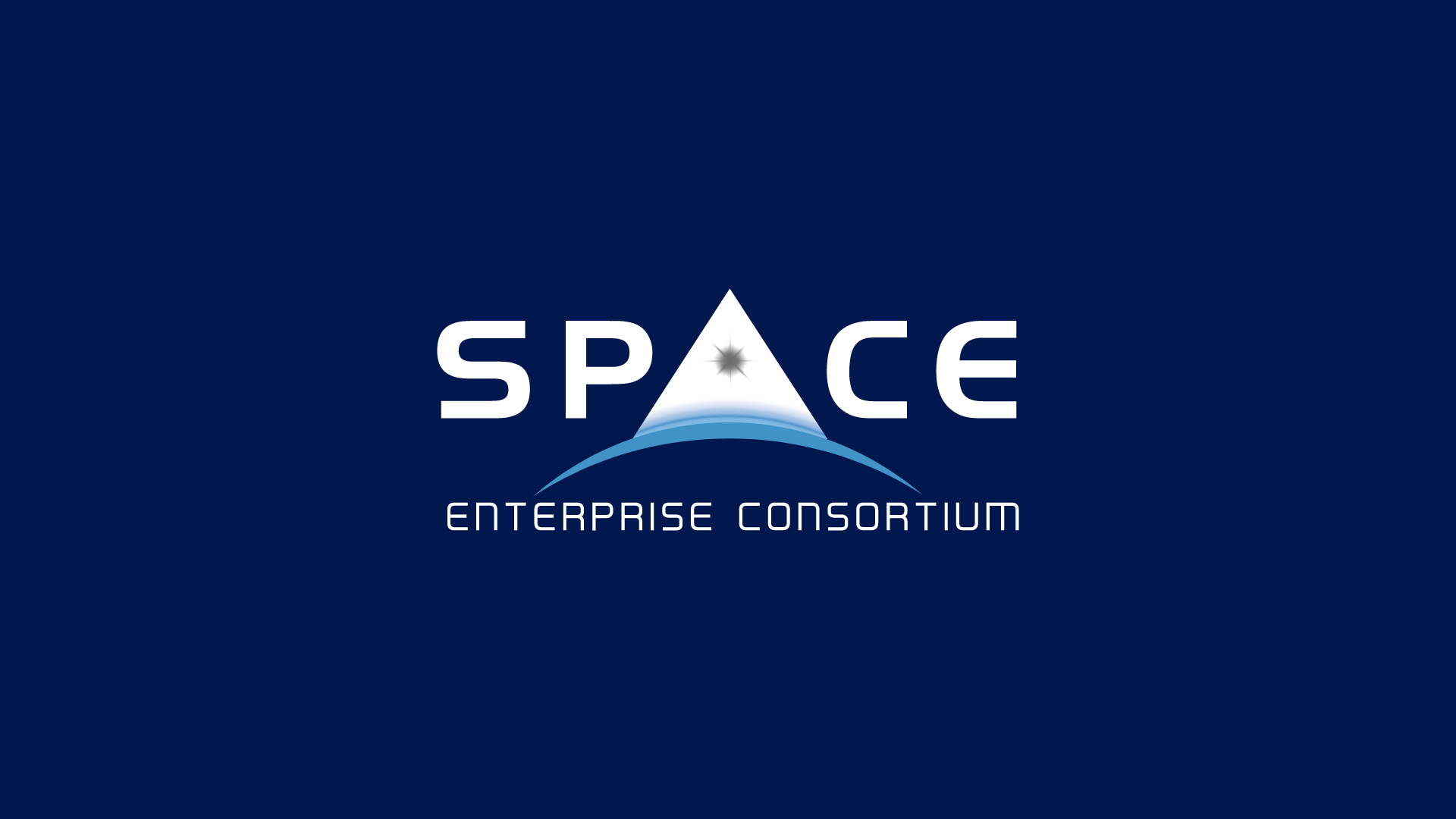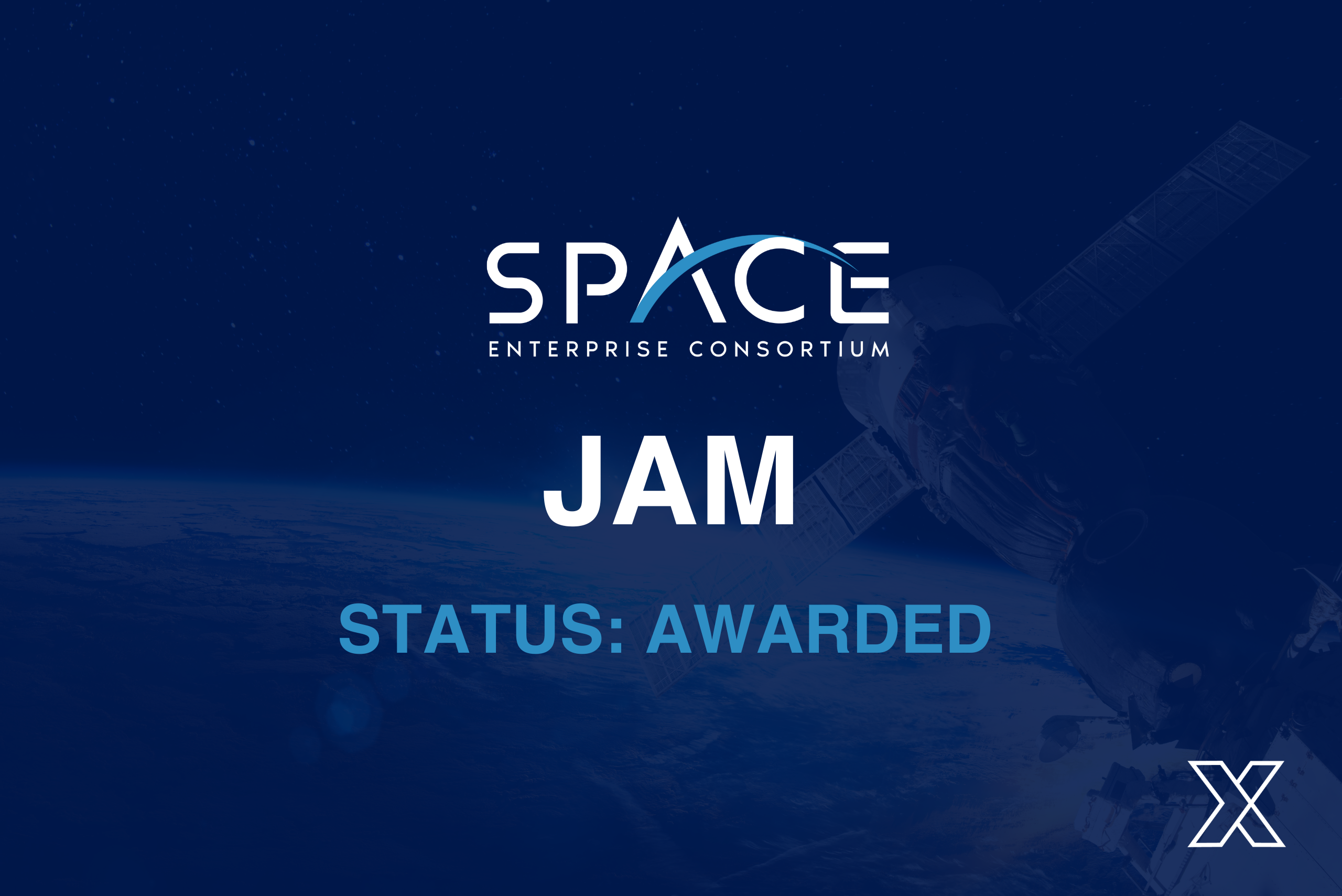SpEC Launches Three Requests for Prototype Proposals to Advance Next-Generation Space Innovation
May 14, 2021

The Space and Missile Systems Center’s Launch Enterprise, in collaboration with the Space Enterprise Consortium (SpEC) and NSTXL, has released three Requests for Prototype Proposals in a call to advance next-generation rocket engine testing, upper-stage resiliency enhancements, and orbital transfer and maneuver capabilities.
As adversaries continue to exploit U.S. on-orbit capabilities, the U.S. must respond with a resilient, agile, and capable modernized second stage. This development activity will evolve high-performance upper stages to deliver greater mass to orbit, offer greater mission duration, enhance maneuverability, and/or improve survivability for national security payloads, ensuring sustained U.S. freedom of action in the space domain.
The funding for these prototype projects will be used to advance domestic upper-stage systems that are foundational to American military superiority. Building off national space launch capabilities that provide high-performance orbit transfer advantages, these prototypes will enable extended on-orbit capability, increase lift capability, and/or unlock new missions through novel orbits for the U.S. government and USSF to protect, defend, and project American space power as it faces an increasingly contested environment in space.
About the Opportunities
Next-Generation Rocket Engine Testing Background: The NSSL program intends to continuously innovate to maintain U.S. supremacy in space launch. As the first step in a long-term, continuous RDT&E program, Congress authorized and appropriated $15 million for next-generation engine testing. This prototype effort will advance state-of-the-art in rocket engines, including new technologies to enable space access and mobility.
Upper Stage Resiliency Enhancements Background: The NSSL program intends to continuously innovate to maintain U.S. supremacy in space launch. As the first step in a long-term, continuous RDT&E program, Congress authorized and appropriated $75 million for upper-stage resiliency enhancements. This prototype project will advance state-of-the-art upper-stage technology.
Orbital Transfer & Maneuver Background: The NSSL program intends to continuously innovate to maintain U.S. supremacy in space launch. This orbital transfer prototype project will improve space access capability for NSS launch systems. Anticipated benefits include: 1) Reducing costs by allowing procurement of lower energy launch vehicle configurations, and; 2) Improving mass-to-orbit capability, especially for medium earth orbit, the geostationary orbit, tundra orbit, and cislunar trajectories beyond geosynchronous orbit.
About SpEC
In 2017, the Space and Missile Systems Center established SpEC to connect the Department of Defense with a network of innovators and creators across the most sought-after emerging technology fields as they research and develop space-related prototypes.
These opportunities come at a key stage in SpEC’s growth. Building on an already groundbreaking year, SpEC continues to fuel innovation for DoD space advancement and push the boundaries of prototype development.
Companies interested in joining the Space Enterprise Consortium and submitting on these opportunities can find more information about the organization, including how to join at https://www.space-enterprise.org/.





